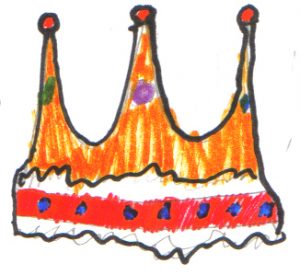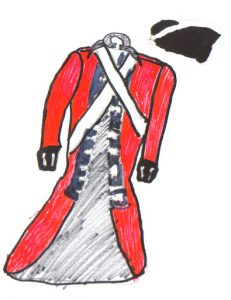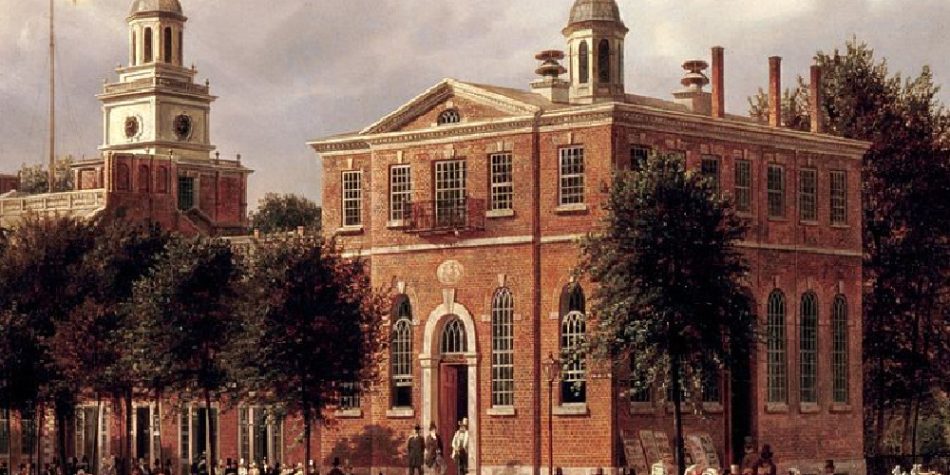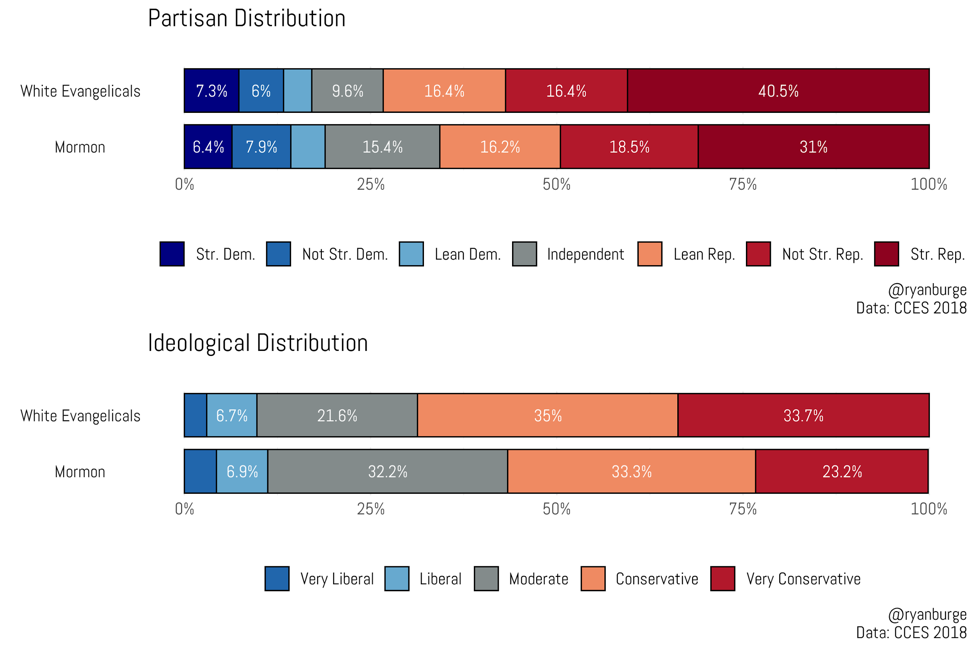Once upon a time, there was a country founded by a bunch of farmers and blacksmiths and silversmiths and bakers who got way too big for their britches and thought they ought to tell the fancy pants king to put his taxes where the sun don’t shine. They tossed tea in the harbor in case the king wasn’t clear they were right seriously peeved and declared themselves independent.

As so often is the case with folks who’ve had to shut up for way too long and listen to a fancy pants king, these people became real chatterboxes. They talked to each other while they milled flour, hunted turkey, milked cows, dipped candles, carded wool, made wigs, built wagon wheels, hammered metal, shoed horses … well, you get the point. They were very tired people. Nonetheless, these blabbermouths talked and talked. They even talked on paper as printing presses made it so farmers and blacksmiths and silversmiths and bakers could talk to more and more people at the same time.
The Marketplace of Ideas
This was the birthplace of the village square or public square. It wasn’t always exactly a “square” in the “village,” although sometimes it was. It was the spirit of all this talking. All of a sudden good ideas were coming from a bazillion different brains, not just the king’s one brain. As you might imagine, the hotsy-totsy wrinkled old King, who liked ideas
It didn’t work.
He got so mad that he put his people in some spiffy looking bright red coats and the kickin-est powdery wigs that were ever to dude up an army, he gave them bayonets and stood’em in a real straight line in front of the farmers and blacksmiths and silversmiths and bakers and asked them to march. Well, that didn’t work out so well for the king, but that’s a story for another day.
Agreeing to disagree
These regular old folks without crowns on their heads found out soon enough that it’s a lot easier to make decisions if you’re the king and you’ve only got to convince yourself. Not only did they often disagree when they talked, they sometimes made each other really mad. They fussed and fought among themselves about this and that, but in the end, they decided to agree on what they could agree on and agree to disagree about the rest. And they decided to keep right on talking. They eventually agreed on a lot of important things so they wrote them down on paper. They even put in a lot of words to make it safe to keep disagreeing. You might have read it, it begins “We the People.”
While these men in tights were going about the business of making a new country, some of them even thought about making a brand new church they called “Episcopal,” never mind it was pretty much exactly the same as the King’s old Church of England. But just to make their point that this brand spanking new country was all about agreeing to disagree, they made rules that no one had to join this new old church of theirs. In this country, people could make their own churches about worshiping bricks if they wanted to and even though most everyone would probably think that worshiping bricks was really really stupid, they’d die to defend their right to do it. In this country of talkers—unlike the countries that came before— people would be truly free to follow their conscience.
Big idea heard far and wide

It wasn’t long before pretty much everyone knew this was a special country indeed.
A few wrinkles to iron out
Now don’t get me wrong, things didn’t always go smoothly for this country of chit-chatters. Despite all this talking and thinking and reading there was still more than just a little lunk-headedness going on. Apparently forgetting altogether about all that talking they were doing about being created equally, they actually refused to let whole big groups of people talk and think and be their own bosses—at catastrophic cost to their fellow human beings across centuries of time.
Once this talking, thinking country disagreed so much that they started killing each other and kept on killing each other. But in the end, even though their hearts were broken from all the arguing and killing they had done, they stayed together, bound up their wounds, and agreed to keep on disagreeing.
This and that happened. These people had a lot of good ideas along the way, and more than a few really bad ones, but because so many different voices were heard, wonderful things happened. Before long so many great ideas were heard
Watching the box got to be more fun than a barrel o’ monkeys and that country of non-stop talkers, sort of just stopped talking. Neighbors didn’t talk to neighbors so much anymore, husbands stopped talking to wives (especially during the playoffs), kids stopped listening to their parents. (OK, so maybe the kids never did listen.) All these chatty farmers and blacksmiths and silversmiths and bakers were all so comfortable now that sometimes they didn’t feel like working so hard at agreeing to disagree.
Remembering and forgetting
Then something happened one day in September hundreds of years after these uppity colonists built this country on talking and it happened right about where that statue was put up about welcoming people, talking, and breathing free. What happened broke all of their hearts into a million tiny pieces. But on that day an amazing thing happened as well. The people all looked up from the box long enough that they saw each other again. They talked to people in their village they had never talked to. On that day, and some days that followed, they felt what had connected them all that time, even through yelling and fighting and killing, even with people they disagreed with.
On that day they remembered that there were things more important than agreeing. They remembered that square they
And then, just as suddenly as they remembered who they were, they forgot everything they had just remembered. They went back to their air conditioning and the good food in the refrigerator and the comfortable couch and turned the box back on, and listened to only the people they agree with because their hearts were broken and they just wanted to feel better, to feel sure. Their broken hearts made them all confused and they began thinking that to stay a special place, everyone must begin agreeing, and fast. They forgot that what had always made this country they loved a very special country indeed was that they had agreed about disagreeing. This is what they had agreed on, this is what they had in common, and it was profound.
That wouldn’t be the last chance to stop and remember—and find each other again. In the years ahead, there would be other moments that shook these same People of the Republic and broke their hearts: Economic disruptions. Pandemics. January 6. Ukraine.
Each dropping moment provided another opportunity.
To stop. Think again. And see again.
Especially each other.
Yet each and every time, more and more of these descendants of farmers and blacksmiths and silversmiths and bakers with their hearts broken into a million tiny pieces sadly kept going back to forgetting that big idea that had started it all.
But not everyone. Not everyone forgot it.
Some remembered.















